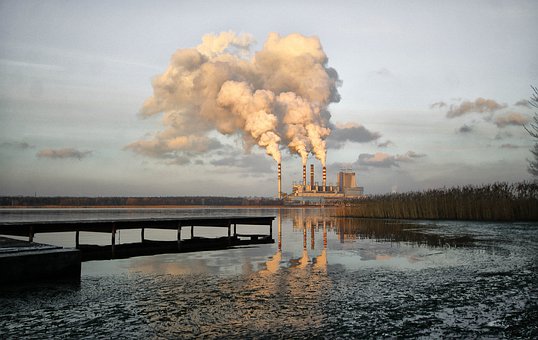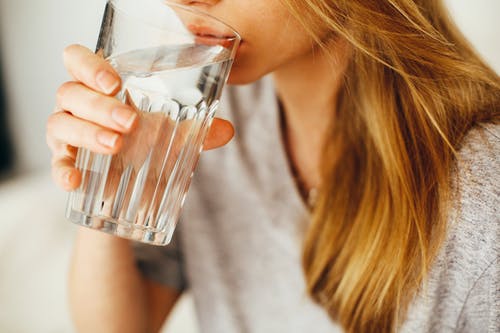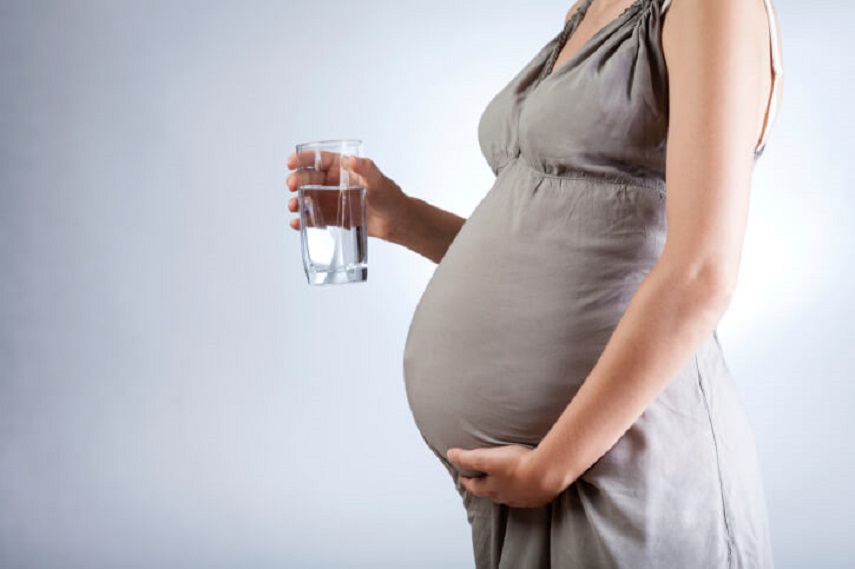Perhaps the consumption of no nutrient is as important during pregnancy, as the drinking of water. Your pee stick read pregnant and you were immediately afflicted with more visits to the bathroom than you could handle. So you decided to drink less water and be okay with holding it in until necessary.
Lo and behold, the doctor diagnoses you with urinary tract infection. There are discomfort and pain involved. Soon headaches arrive along with exhaustion and dizzy spells and you cannot place your finger on the problem until your doctor spells it out for you-you are not drinking enough water.
Benefits of Water during Pregnancy
Not only is drinking enough water good for the regulation of bodily fluids, but it also helps relieve symptoms of acidity, heartburn, cramps, nausea and more. Water also helps to regulate your body temperature so that you remain cool and the bodily functions are moderated.
With pregnancy, a person is more prone to developing constipation and hemorrhoids. Water makes for better bowel movements. It flushes out toxins from the body like no other detox method.
It is important to note that your blood volume increases dramatically during pregnancy, so you need extra water as per the body’s requirement. It is this same blood that transports the essential nutrients to the growing baby via the placenta.
A pregnant body’s metabolism is also faster and more efficient than a normal body’s, and water helps in the process; to break down food and allow for efficient transportation including dissipation of heat. The growing baby puts pressure on the uterus, which makes for inefficient bladder emptying. Drinking enough water ensures that a good flow is maintained through and out of the body, and no bacteria are allowed to grow in the residual urine in the body.
It is said that about three liters of water is good per day for a healthy individual. The requirements vary with weather conditions, food consumption and of course the activity level of the person.
For many women today (and for most of the world), drinking sufficient amount of water presents a whole new set of problems. Access to clean water is getting even more difficult, with an increasing amount of inconsiderate human behavior and pollution.
Water Contaminants to Watch For
Here are some water impurities you must be cautious about.
Lead, Nitrates, and Nitrites
Lead is the most common and dangerous contaminant to watch out for — it is associated with causing reduced cognitive function, lower IQ and increased attention-related behavioral problems in children.
It usually integrates into the water flowing through old metal pipes and is aided in the process if the water has high acidity or low mineral content. Nitrates and nitrites are further examples of noxious compounds that can cause thyroid dysfunction in pregnant women.
Microorganisms
Bacteria like E. Coli are known to enter your water through sewage or animal waste. These are very dangerous for a pregnant woman as they may cause gastrointestinal illnesses, especially with her already compromised immune system. These may lead to dehydration in her body which may further complicate matters by causing preterm labor.
Pesticides
Careless runoff from agriculture contains harmful pesticides like glyphosate or atrazine that have been shown to increase the risk of reduced fetal growth. Similarly, improper disposal of industrial waste has been shown to make women more prone to miscarriages.
Arsenic
This poisonous compound may enter your water source through the earth or industrial pollution. It is necessary to monitor the levels of arsenic in your drinking water as it has been shown to increase the risks of miscarriage, birth defects, and preterm birth.

Byproducts of Disinfectants
Disinfection byproducts like chloroform contribute to birth defects like neural tube defect and cleft palate. The data is insufficient to form a conclusive link, but it is better to be careful. These byproducts are formed in your water when carelessly disposed of disinfectants react with the organic matter present in the water.
Impure Water — Consequences on Pregnant Women
As discussed with reference to specific contaminants, drinking impure water increases the risk of early births and even miscarriages.
Researchers find that there are small effects of water contamination among the majority of children — there is a significant effect as regards to low birth weight of infants that are born to mothers with little or no knowledge of water purification.
Some previous research has shown that even tap water, in general, is sometimes not safe for water consumption by expectant mothers. Prenatal exposure to tetrachloroethylene (PCE) has statistically shown to increase risks of stillbirths (twice as likely) and contribute to placental abruption (1.35 times more likely).
The research looked at exposure to PCE via water that flowed through vinyl-lined asbestos pipes during the late 20th century.
Measures to Purify Water
When we think of easy access to clean and pure water, our minds automatically turn to bottled water. Albeit an expensive solution, bottled water seems to have it all– cleanliness, portable, and ease. It is important to note here that bottled water may also be not as safe as we seem to think it is.
Most suppliers do not state their exact source of water on the packaging, many fail to mention the purification method that they use to purify their water, and so far no conclusive study has been carried out to learn about the specific pollutants that may be present in every bottle of so-called purified or mineralized water.

Test Your Water
If your water comes from the public water supply flowing through taps, you can ask your local authorities for a report on the water (since they may have had it tested for contaminants). You can do the same for your water that comes from a private well or one that you had drilled for clean water supply to your home exclusively.
Your water may well be pure, but if the taste, odor, or color happens to throw you off in any way, you should get it tested for your peace of mind and knowledge. Better to be safe!
Install a Filtration System for Your Home
Your report will tell you of the specific contaminants polluting your water. You can arrange to install a filtration system that caters to most harmful impurities, or one that takes care of specific ones like lead.
Boil Your Water
Yes, it is a good idea to simply go old school and boil your water. It will NOT be effective in case of contaminants like arsenic and nitrites or lead, but it will certainly be beneficial if your water contains microbes dangerous to your health.
Letting your water stand has also been shown to get rid of excess chlorine added to your water. Conversely, boiling it also aids in the evaporation of chlorine.
Use Cold Water
Flushing your pipes of old water that comes out of the tap hot, is a good bet to prevent the use of water that is contaminated with lead. Hot water contains high levels of lead. You can then use cold water for drinking or cooking.
The safest bet for pregnant ladies is to go one step further in any case and get certified bottled water for drinking, or filtered water that has been shown to be safe. Our children are our assets. We owe it to their health to give them the best nutrients and that includes clean water for pregnant women, which preserves their health and that of our unborn children.












